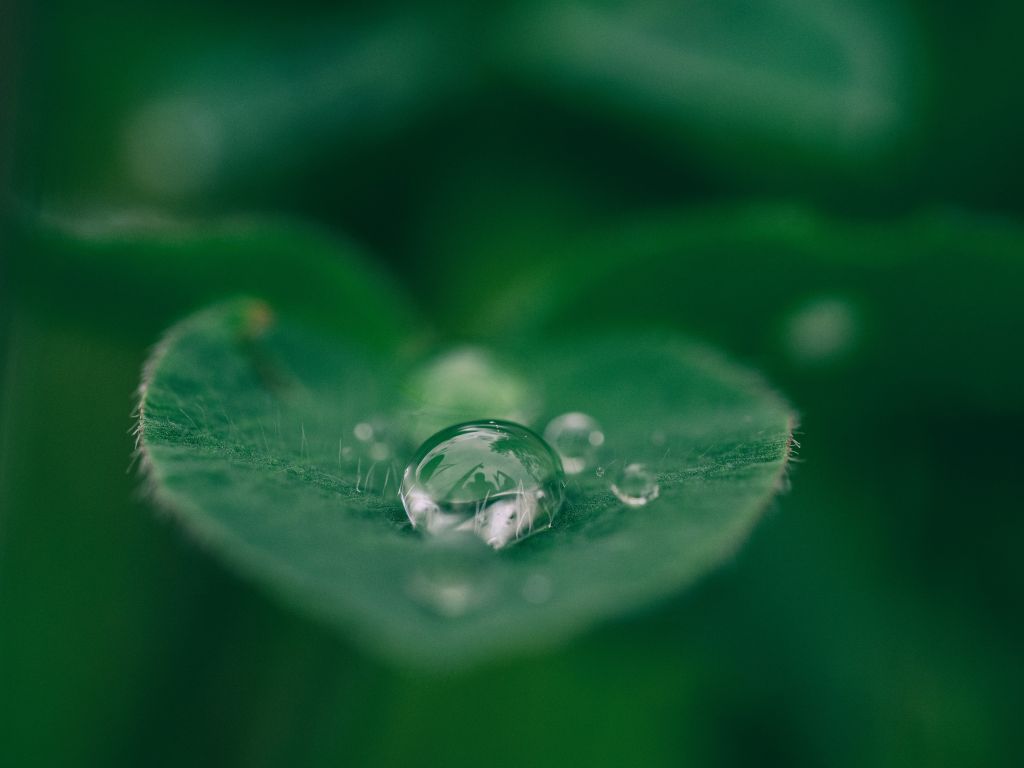As we face increasing environmental challenges, finding sustainable solutions in all spheres of human activity is of utmost importance. One such arena is water consumption. Traditional urban water supply methods often have negative environmental ramifications, such as energy use for treatment and transporting, habitat destruction caused by reservoir construction projects, and groundwater depletion.
Water bore drilling is an extraction method designed to extract groundwater. The process typically entails drilling a hole through the earth using a drill rig until an aquifer is located and then tapping it; once connected, water flows up via a pipe with a pump. Now let’s examine some environmental benefits of this approach.
Promotes Sustainable Water Resource Management
Water bore drilling promotes sustainable water resource management on several fronts. First, groundwater is a renewable resource, replenished through rainfall and snowmelt into an aquifer. By tapping into this vast subterranean reservoir, water bore drilling alleviates strain on surface water resources like rivers, lakes, and reservoirs that can restore ecosystem health by supporting their recovery and maintenance.
Reduce Energy Consumption
Water bore drilling also lowers energy usage. Traditional water supply methods usually require significant energy for pumping, treating, and transporting water from its source to the end user. In contrast, bore water typically requires less treatment before being extracted and often ends up being used locally, significantly cutting energy requirements and costs.
Preservation of Natural Habitats
Large-scale water extraction projects often destroy natural habitats, as in dam and reservoir construction projects. Water bore drilling offers an alternative with much lower environmental impacts: its process requires only minimal land for its operation rig, thus minimising disturbance to local ecosystems.
Water Bore Drilling for Mitigating Drought Impact
Communities affected by drought can find great benefits in water bore drilling, providing reliable access to groundwater during periods of low rainfall. Not only is this beneficial to humans, but it also helps ensure the survival of local ecosystems which might otherwise struggle under dry conditions.
Promoting Local Self-Sufficiency Water
Bore drilling can also help strengthen local self-reliance and resilience. It enables communities, particularly in remote locations, to rely on themselves for water supply without depending on centralised infrastructure, which could become vulnerable due to disruptions or inefficiency.
Choosing The Right Drilling Specialist
Drilling specialists carefully plan each drilling project by carefully considering hydrogeological conditions in the local area and potential environmental effects. Furthermore, they take extensive measures to prevent groundwater contamination during drilling while using energy-efficient drilling rigs and pumps. Moreover, they offer clients ongoing support in managing their bore water sustainably through regular monitoring and maintenance services to ensure its long-term viability.
As a whole, sustainable water resource management promotes sustainability by reducing energy consumption, protecting natural habitats from droughts and increasing local self-sufficiency. Adopting such solutions to build a more eco-friendly world is beneficial and necessary.
Water bore drilling presents unique challenges – such as over-extraction of groundwater resources and contamination risk – but these can be overcome through careful planning, regulation, and ongoing management. With dedicated leaders leading the way forward, we can be optimistic about water bore drilling’s role in society in years to come.

